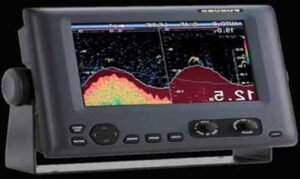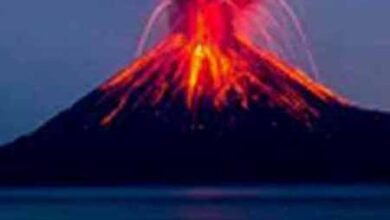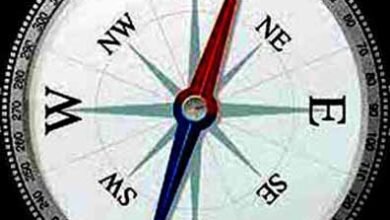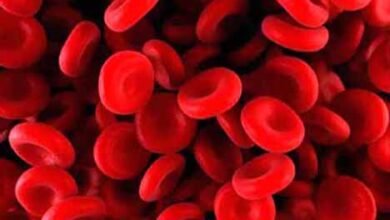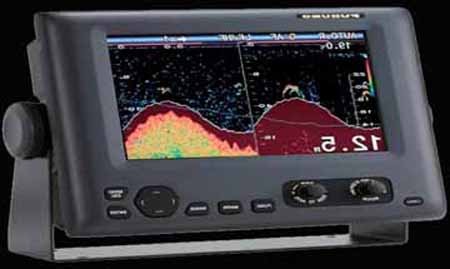
Related to Physics- 204.
|
1. If the horse starts moving abruptly, then there is a reason for fear of falling for the cavalry? = Rest inertia. 2. What principle is the functioning of a rocket based on? = Conservation of linear momentum. 3. For cleaning a carpet, if it is beaten with a stick, what rule applies to it? = First law of motion. 4. Swimming in water is possible due to which law of motion of Newton? = Third rule. 5. Earth and other planets revolve around the sun. Who was the first to prove it? = Copernicus. 6. Who had told Newton before that all things are gravitated towards Earth? = Brahmagupta. 7. Heat is a type of energy that can be converted into work. Who gave the first direct evidence of this? = Rumford. 8. Which scientist first rubbed and melted two pieces of ice? = Davy. 9. The iron needle sinks in the water, but the ship floats. On what principle is it based? = Principle of Archimedes. 10. The Law of Archimedes is related to? = Law of buoyancy. 11. Which device is used to measure relative humidity? = Hygrometer. 12. What principle is a thermocouple thermometer based on? = On the Effect of Seebeck. 13. The temperature of distant objects like the sun, etc., is measured by which thermometer? = Pyrometer. 14. What principle is a complete radiation thermometer based on? = Stephen’s law. 15. Which is used to measure very short time intervals accurately? = Atomic clocks. 16. Which is the method of heat transmission in which the particles of the medium do not move? = Radiation. 17. What is the transmission of heat through molecular composition? = Convection. 18. In which method of heat transfer is the medium not necessary? = Radiation. 19. Which concept confirms the first law of thermodynamics? = Energy Conservation. 20. The concept of internal energy resembles which law of thermodynamics? = First law of thermodynamics. 21. On what does the specific heat of an object depend? = On the mass of the body. 22. Whose radiation can a black body absorb? = Internally absorbs all the radiation. 23. Who first generated ultrasonic waves by whistling? = Galton. 24. What does the pitch of sound depend on? = Frequency. 25. By which character of sound causes a sound to be thick or thin? = Pitch. 26. Which process does not occur in both light and sound? = Polarization. 27. What causes sound waves to generate resonance? = Vibrating at some particular frequency. 28. On which principle does the stethoscope operate? = Multiple of sound. 29. Which type of wave is used in night vision equipment? = Infrared wave. 30. The whistle frequency or sharpness of the approaching train increases, due to which event? = Doppler effect.
========== ========= =========== भौतिकी से संबंधित– 204.
1. अश्व यदि एकाएक चलना प्रारम्भ कर दे तो अश्वारोही के गिरने की आशंका का कारण है? = विश्राम जड़त्व. 2. रॉकेट की कार्यप्रणाली किस सिद्धांत पर आधारित होती है? = संवेग संरक्षण. 3. कालीन की सफाई के लिए, यदि उसे छड़ी से पीटा जाए, तो उसमें कौन-सा नियम लागू होता है? = गति का पहला नियम. 4. जल में तैरना न्यूटन की गति के किस नियम के कारण सम्भव है? = तृतीय नियम. 5. पृथ्वी तथा अन्य ग्रह सूर्य के चारों ओर चक्कर लगाते हैं, यह सबसे पहले किसने सिद्ध किया था? = कॉपरनिकस ने. 6. किसने न्यूटन से पूर्व ही बता दिया था कि सभी वस्तुएँ पृथ्वी की ओर गुरुत्वाकर्षित होती हैं? = ब्रह्मगुप्त. 7. ऊष्मा एक प्रकार की ऊर्जा है जिसे कार्य में बदला जा सकता है। इसका प्रत्यक्ष प्रमाण सबसे पहले किसने दिया? = रमफोर्ड. 8. किस वैज्ञानिक ने सर्वप्रथम बर्फ के दो टुकड़ों को आपस में घिसकर पिघला दिया ? = डेवी. 9. पानी में लोहे की सूई डूब जाती है लेकिन जहाज तैरता रहता है. यह किस सिद्धान्त पर आधारित है? = आर्किमिडीज का सिद्धान्त. 10. आर्किमिडीज का नियम किससे सम्बन्धित है? = प्लवन का नियम. 11. आपेक्षिक आर्द्रता नापने के लिए किस उपकरण का प्रयोग किया जाता है? = हाइग्रोमीटर. 12. ताप युग्म तापमापी किस सिद्धान्त पर आधारित है? = सीबेक के प्रभाव पर. 13. दूर की वस्तुओं जैसे सूर्य आदि का ताप किस तापमापी के द्वारा मापा जाता है? = पाइरोमीटर. 14. पूर्ण विकिरण उत्तापमापी किस सिद्धान्त पर आधारित है? = स्टीफन. 15. अति लघु समय अन्तरालों को सही-सही मापने के लिए किसका प्रयोग किया जाता है? = परमाणु घड़ियां. 16. ऊष्मा संचरण की वह विधि जिसमें माध्यम के कण गति नहीं करते हैं, कौन-सी है? = विकिरण. 17. आण्विक संघटन के द्वारा ऊष्मा का सम्प्रेषण क्या कहलाता है? = संवहन. 18. ऊष्मा के स्थानान्तरण की किस विधि में माध्यम आवश्यक नहीं है? = विकिरण. 19. ऊष्मा गतिकी का प्रथम नियम किस अवधारणा की पुष्टि करता है? = ऊर्जा संरक्षण. 20. आन्तरिक ऊर्जा की संकल्पना ऊष्मागतिकी के किस नियम से मिलती है? = प्रथम नियम. 21. किसी वस्तु की विशिष्ट ऊष्मा किस पर निर्भर करती है? = पिण्ड के द्रव्य पर. 22. ब्लैक बॉडी किसकी विकिरण को अवशोषित कर सकती है? = अपने द्वारा प्राप्त सभी प्रकाश को पूरी तरह से अवशोषित कर लेती है. 23. पराश्रव्य तरंगों को सबसे पहले किसने सीटी बजाकर उत्पन्न किया था? = गाल्टन ने. 24. ध्वनि का तारत्व किस पर निर्भर करता है? = आवृत्ति. 25. ध्वनि के किस लक्षण के कारण कोई ध्वनि मोटी या पतली होती है? = तारत्व. 26. कौन-सी प्रक्रिया प्रकाश और ध्वनि दोनों में घटित नहीं होती है? = ध्रुवण. 27. ध्वनि तरंगे किसके कारण प्रतिध्वनि उत्पन्न करते हैं? = ध्वनि का परावर्तन. 28. स्टेथोस्कोप ध्वनि के किस सिद्धान्त पर कार्य करता है? = परावर्तन. 29. किस एक प्रकार की तरंग का प्रयोग रात्रि दृष्टि उपकरण में किया जाता है? = अवरक्त तरंग. 30. पास आती रेलगाड़ी की सीटी की आवृत्ति या तीक्ष्णता बढ़ती जाती है, ऐसा किस घटना के कारण होता है? = डॉप्लर प्रभाव.
|


